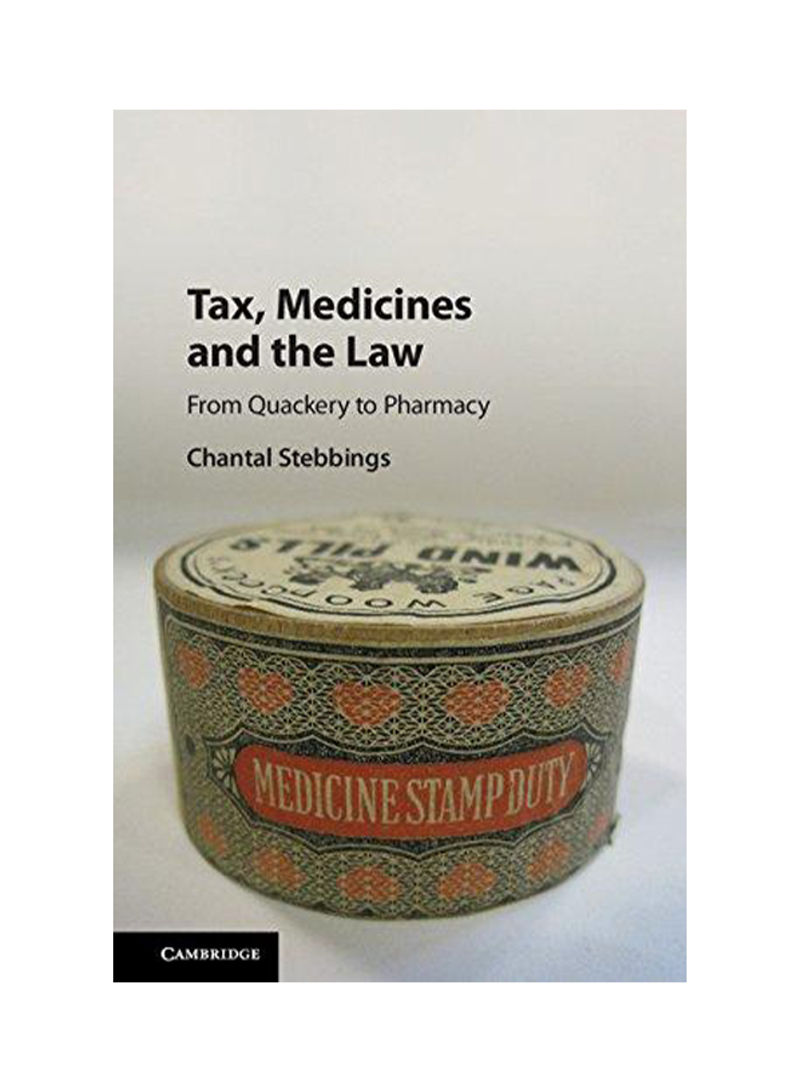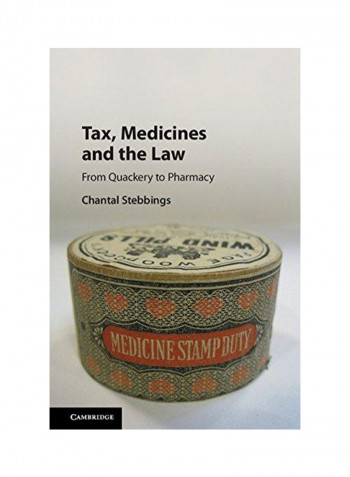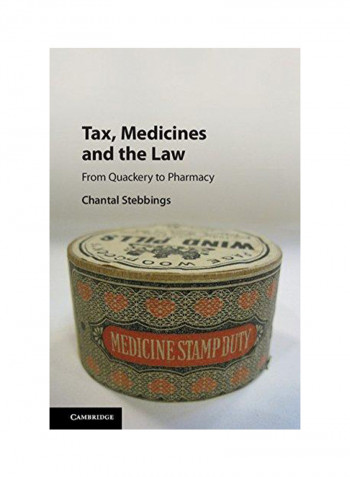Tax, Medicines and the Law Hardcover
Recommend
Sort by
Rating
Date
Specifications
Author 1
Chantal Stebbings
Book Description
In 1783, a stamp duty was imposed on proprietary or 'quack' medicines. These largely useless but often dangerous remedies were immensely popular. The tax, which lasted until 1941, was imposed to raise revenue. It failed in its incidental regulatory purpose, had a negative effect in that the stamp was perceived as a guarantee of quality, and had a positive effect in encouraging disclosure of the formula. The book explains the considerable impact the tax had on chemists and druggists - how it led to an improvement in professional status, but undermined it by reinforcing their reputations as traders. The legislation imposing the tax was complex, ambiguous and never reformed. The tax authorities had to administer it, and executive practice came to dominate it. A minor, specialised, low-yield tax is shown to be of real significance in the pharmaceutical context, and of exceptional importance as a model revealing the wider impact of tax law and administration. Book Description: For anyone interested in the history of law, taxation or medicine, this title examines the unexpected consequences that arose from the introduction of the medicine stamp duty (1783-1941). It reveals the profound effects on the relationship between law and government, the professionalisation of pharmacy and the perceived integrity of 'quack' medicines.
ISBN-10
1107025451
Language
English
Publisher
CAMBRIDGE UNIVERSITY PRESS
Publication Date
2017



